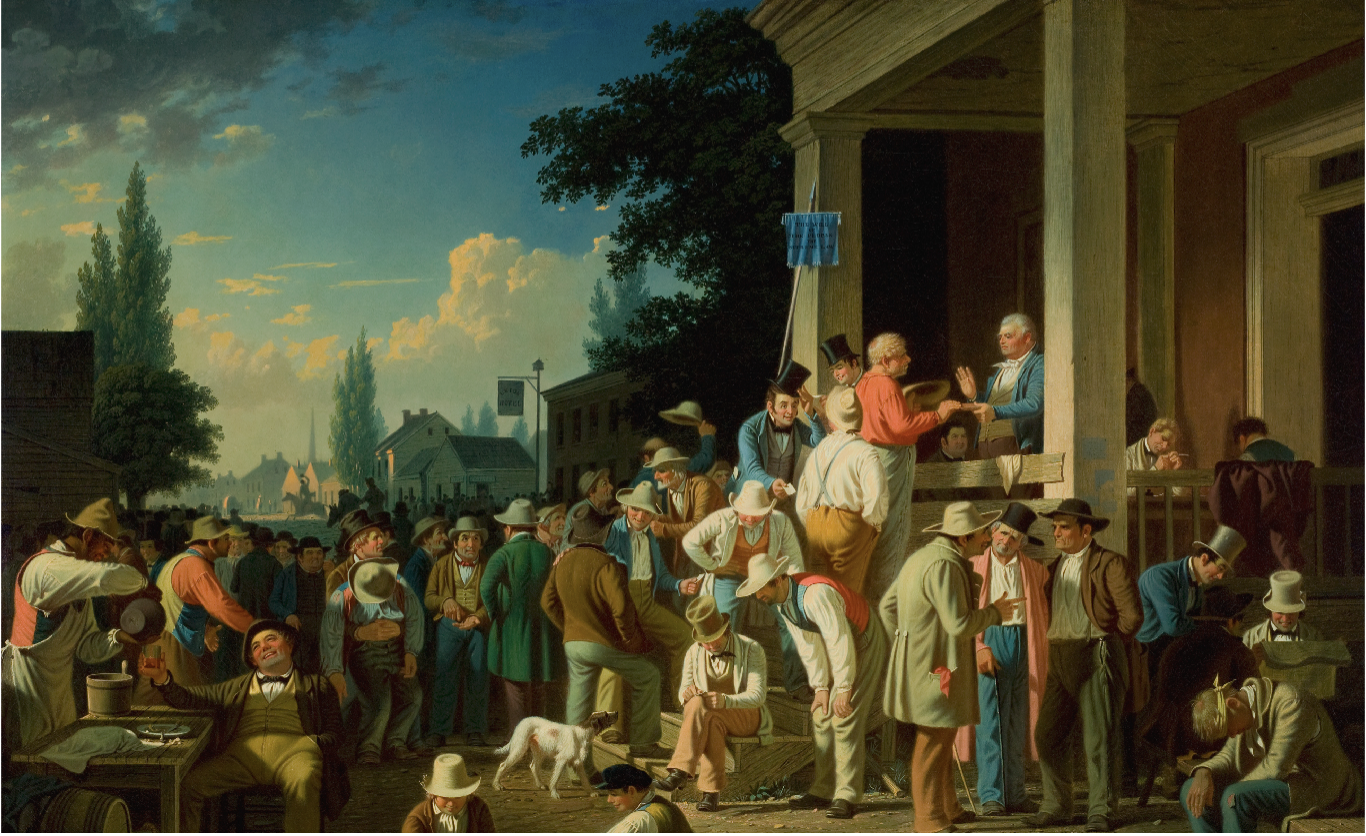Unit 6: America in Transition Deconstructed DBQ Assignment Sheet and Document Set
Document Set that addresses the question: how did Americans and democratic institutions respond to the rapid economic changes of the early nineteenth century?
Instructions
Read and analyze each document in the set. Use the vocabulary to support your understanding and/or take notes on a piece of paper as you read. Then, use the graphic organizer to plan your response to the question.
In your response you should:
- Build context or give the appropriate background information for understanding.
- Respond to the prompt with a defensible thesis that establishes a line of reasoning.
- Group the sources (documents) based on similarities or connections.
- Analyze the sources (documents) using the VIEW technique.
DBQ Question: How did Americans and democratic institutions respond to the rapid economic changes of the early nineteenth century?
Documents
Document A: Excerpt from a young woman working in the Lowell Mills (1830s or 1840s)
| I now feel that I am in a place where I can make a living, where I can help my family. But the work is grueling, and the hours are long. The noise is deafening, and the air is filled with dust. We work from sun-up to sun-down, and for what? A small wage that barely supports us. | make a living- to earn enough money from working to afford the necessities
grueling- incredibly difficult or tiring wage- the amount of money earned in exchange for time worked |
Document B: Excerpt from Angelina Grimké’s “Letter to Catharine Beecher” (1837)
| I know nothing of man’s rights, or woman’s rights; human rights are all that I recognize… The doctrine of human rights is not susceptible of proof; it rests on the immutable truth that man has a moral nature… and is therefore subject to the moral law. | doctrine-a set of beliefs
susceptible of proof- capable of being proven immutable- unable to be changed moral- interest in right and wrong or goodness of character |
Document C: Excerpts from “Letters from an Immigrant” by Johan Schütz (1840s)
| I have come to this land not just to work but to live freely, to share in the blessings of liberty that I have only heard of in my homeland. In America, I see opportunities for work, for education, and for a future that I could never have dreamed of. Here, I am not bound by the chains of class or birth-here, I am free to make my way in the world and to build a better life. | blessings of liberty- a phrase in the Preamble that means the freedoms and rights protected by the Constitution
bound by the chains- held in place |
Document D: Excerpt from the Seneca Falls Declaration of Sentiments (1848)
| He has monopolized nearly all the profitable employments, and from those she is permitted to follow, she receives but a scanty remuneration. He closes against her all the avenues to wealth and distinction, which he considers most honorable to himself. | monopolized- completely controlled
scanty remuneration- very little pay avenues to wealth and distinction- ways to earn money and status |
Document E: The County Election by George Caleb Bingham (1852)
 |
This painting shows a local election day in a small Missouri town around the 1840s or 1850s. It’s full of activity-men are voting, but also talking, arguing, and even drinking. These were all ways of influencing votes. |
Document F: Excerpt from Frederick Douglass’ What to the Slave is the Fourth of July? Speech (1852)
| …This Fourth of July is yours, not mine. You may rejoice, I must mourn. To drag a man in fetters into the grand, illuminated temple of liberty, and call upon him to join you in joyous anthems, were inhuman mockery and sacrilegious irony…
…What, to the American slave, is your Fourth of July? I answer: a day that reveals to him, more than all other days in the year, the gross injustice and cruelty to which he is the constant victim. To him, your celebration is a sham; … |
rejoice– to show or feel great joy
mourn- to show or feel deep sadness in fetters- in chains or restraints illuminated temple of liberty- a space that embodies freedom and justice mockery and sacrilegious irony- insulting, teasing, or taunting sham- fake, false, not what it claims to be |
Document G: Excerpt from Henry David Thoreau’s Walden (1854)
| I went to the woods because I wished to live deliberately, to front only the essential facts of life, and see if I could not learn what it had to teach, and not, when I came to die, discover that I had not lived. I wanted to live deep and suck out all the marrow of life, to live so sturdily and Spartan-like as to put to rout all that was not life. | live deliberately- on purpose, with careful thought
to front only the essential facts of life- and not, when I came to die, discover that I had not lived-so he wouldn’t reach the end of his life and realize he never truly experienced it I wanted to live deep and suck out all the marrow of life-to experience life fully, like getting the most nutritious part out of a bone to live so sturdily and Spartan-like as to put to rout all that was not life- |